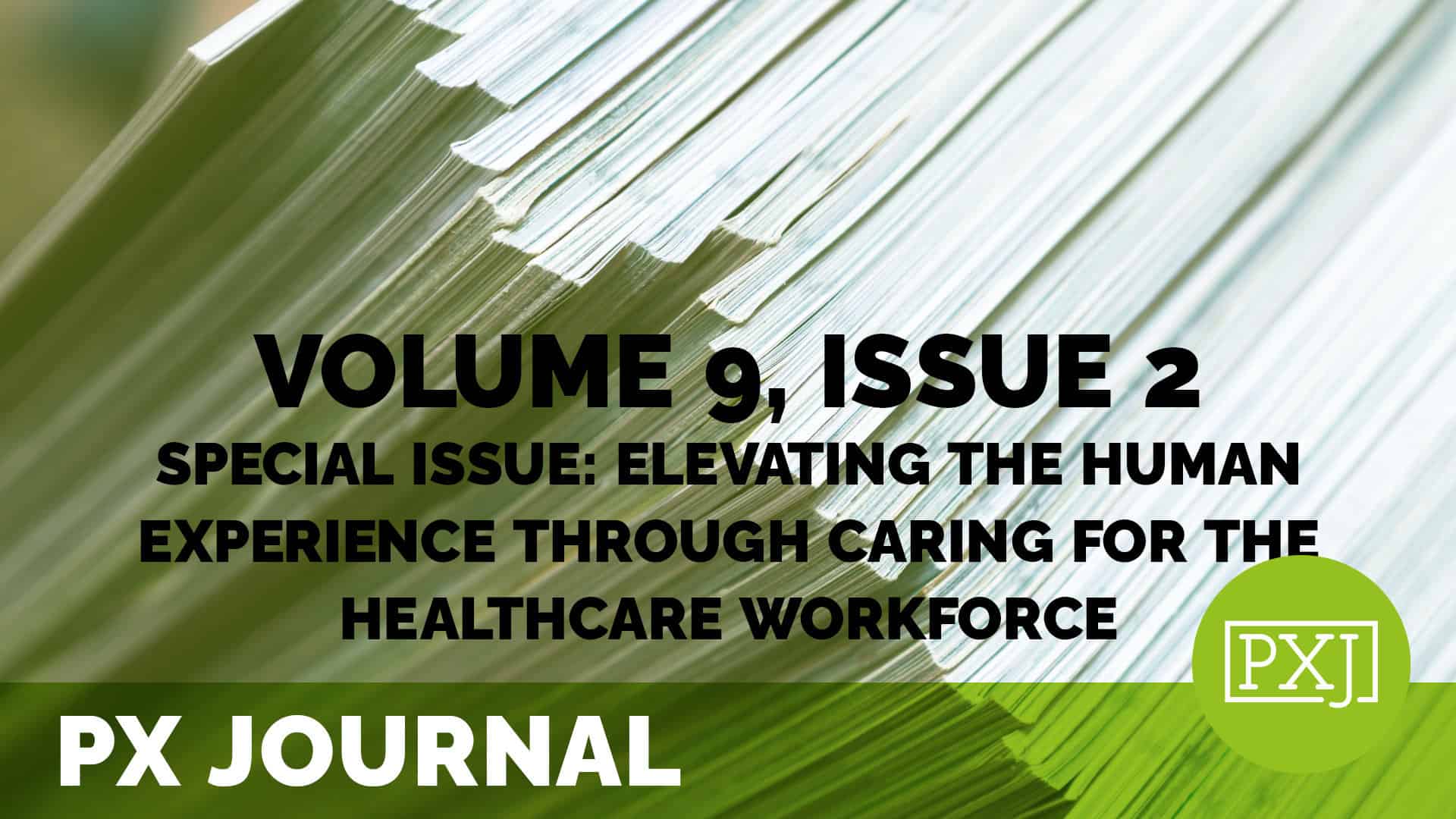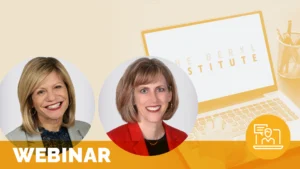Improving workforce experiences at United States Federally Qualified Health Centers: Exploring the perceived impact of generational diversity

This qualitative study aimed to explore a multigenerational workforce’s impact on employee engagement as perceived by Federally Qualified Health Centers’ (FQHCs) C-suite executives. It sought to answer one research question: What is the perceived impact of generational diversity on employee engagement of Federally Qualified Health Centers (FQHCs) in the United States? This cross-sectional study was national. Primary data were collected using a self-developed, two-part survey instrument: (1) eight demographic questions and (2) two open-ended, short-answer questions. Cognitive interviews, reviews by five subject matter experts, and a pilot study were completed to ensure the instrument’s validity and reliability. Demographic data were analyzed using Minitab V19, and qualitative data were analyzed using MAXQDA V2020. The final sample (n=81) represented 6% of the 1,400 U.S. FQHCs and consisted of respondents from all five U.S. geographic regions: Northeast, Southeast, Midwest, Southwest, and West. Of the 81 FQHCs, one-third had a four-generation workforce, and over one-half had a five-generation workforce. A multigenerational workforce was important and necessary because of enhanced work creativity, improved problem solving, and a better representation of FQHCs’ diverse patients. Conversely, a multigenerational workforce also presented challenges, including the need to address generation-specific expectations, family dynamics, rewards and recognition, technology proficiency, and learning and training opportunities. Engaging a multigenerational workforce presented benefits and challenges. The benefits included fostering a sense of learning culture, transferring knowledge and skills, and promoting more representative patient communities which FQHC employees served. The challenges included varied expectations, different communication styles, and inter-generation perceptions in healthcare workplaces.
Related content
-
 Staff & Provider Engagement
Staff & Provider EngagementCAVS Informational Webinar: Your Guide to CAVS Credentialing Process (November 2025)
12pm ET / 11am CT / 10am MT / 9am PT (Complimentary) – Join us for an informational webinar hosted by The Beryl Institute Credentialing team. In this session, we will walk you through everything you need to know about the CAVS (Certified Administrator of Volunteer Services) credential, intended for individuals working in healthcare volunteer
Learn more -
 Culture & Leadership | Staff & Provider Engagement
Culture & Leadership | Staff & Provider EngagementEnterprise Volunteer Management: From Silo to Systemness
The ever-changing healthcare environment has required hospitals across the country to rethink how they deliver care and support services. Inova Health System in Northern Virginia has been on a transformational journey to embed a culture of collaboration across the organization. Volunteer Services is one of the areas that has shifted from a silo-based to an
Learn more -
 Staff & Provider Engagement
Staff & Provider EngagementWork-Life Balance in Healthcare: Caring for Yourself to Care for Others
Achieving work-life balance is essential for overall well-being, especially in healthcare. Join us as Robert Cote, a patient advocate for the VA, shares his personal journey through imbalance and the steps he took to restore stability. Discover the warning signs, practical strategies for self-care, and the importance of setting boundaries. Cote’s powerful message reminds us:
Learn more
